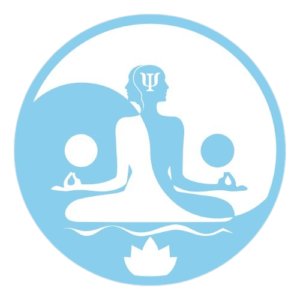OCD
Obsessive-Compulsive Disorder (OCD): Understanding and Symptoms
What is OCD?
Obsessive-Compulsive Disorder (OCD) is a common, chronic, and long-lasting mental health disorder characterized by uncontrollable, recurring thoughts (obsessions) and behaviors (compulsions) that a person feels compelled to repeat over and over. These obsessive thoughts and compulsive behaviors can significantly interfere with daily activities and cause distress. OCD is more than just a habit or a quirk; it is a serious condition that can impact one’s ability to function normally in personal, social, or professional settings.
Symptoms of OCD
OCD symptoms generally fall into two categories: obsessions and compulsions. While some people experience only obsessions or only compulsions, most individuals with OCD experience both.
Common Obsessions: Obsessions are intrusive, unwanted thoughts, images, or urges that cause intense anxiety or distress. Common obsessions include:
- Fear of germs or contamination
- Unwanted, forbidden, or taboo thoughts involving sex, religion, or harm
- Aggressive thoughts toward others or oneself
- Preoccupation with symmetry, order, or exactness
Common Compulsions: Compulsions are repetitive behaviors or mental acts that a person with OCD feels driven to perform in response to an obsessive thought. These behaviors are often aimed at reducing distress or preventing a feared event or situation. Common compulsions include:
- Excessive cleaning and/or hand washing
- Arranging and ordering items in a particular, precise way
- Repeatedly checking things, such as ensuring the door is locked or the oven is off
- Counting, tapping, or repeating certain words silently
- Seeking reassurance from others or avoiding specific situations
While performing these compulsive behaviors may provide temporary relief from anxiety, they do not address the underlying problem and often perpetuate the cycle of obsessions and compulsions.
Psychologist Neha is renowned as the “Best Counsellor for OCD” and the “Best Psychologist for OCD” due to her extensive experience and compassionate approach to treating obsessive-compulsive disorder. She firmly believes that all psychological problems, including OCD, arise from our thought processes and that there is no medication that can fundamentally change these patterns. However, through specialized counseling and therapy, it is possible to manage and transform these thought processes, leading to significant improvement and recovery.
Neha’s approach involves using evidence-based therapies tailored to each individual’s unique needs, helping them break free from the cycle of obsessions and compulsions and regain control over their lives.
Get Help Today
OCD can be challenging, but you don’t have to face it alone. With the right support and therapeutic approach, recovery is possible. If you or someone you know is struggling with OCD, reach out to Dr. Neha for professional help and start your journey towards a more balanced, fulfilling life.
Contact Information:
- Email: neiyhhaa@gmail.com
- Phone: (91) 9975195069
Call to Action: Book a consultation today and take the first step towards overcoming OCD!
